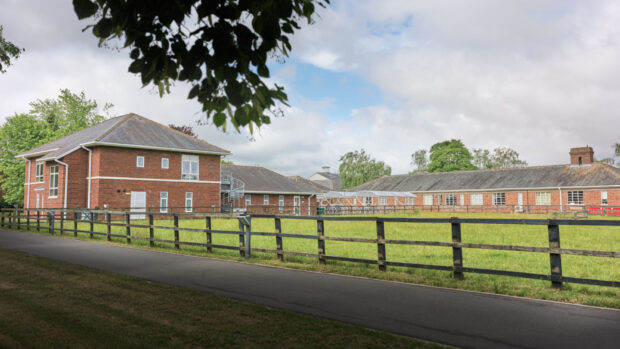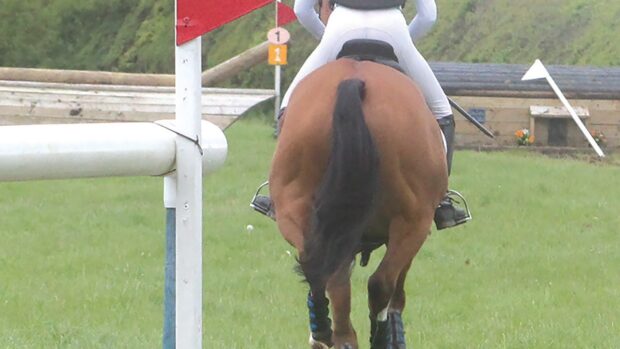A recent outbreak of African Horse Sickness (AHS) at an agricultural college facility near Stellenbosch, in the heart of Cape Town racing country, appears to have died down amid accusations of media hype.
Four horses died at the Elsenburg farming college, and another death was reported on a farm in close proximity to the college.
The recent cases of African Horse Sickness raised fears of a repeat of the 1999 outbreak, which claimed the lives of 31 horses and led to an embargo on the export of horses to the European Union for two years.
The State Veterinary Department imposed a temporary ban on the movement of horses in the Western Cape Province, but visits to all properties with equines within a 40km radius of the infected property have found no further cases.
The department had wanted all race meetings to be cancelled, but decided that racing could go ahead by Monday, following discussions with the industry.
As long as no further cases arise before tomorrow (Thursday), meetings between the State Veterinary Department and other relevant authorities are expected to decide that import and export bans from the Western Cape can be lifted.
Chief executive of the South African Jockey Club, Rob de Kok expressed his concern at the hype surrounding the cases of AHS. He says: “This has been blown out of all proportion. This has not threatened the South African racing industry. This is purely media sensationalism.”
He is hopeful that tomorrow’s meeting will establish that equestrian life in the Western Cape Province can return to normality.
“I certainly hope that after tomorrow, the State Veterinary Department will be satisfied that there was no outbreak, as such, of the sickness, and that there were merely a few cases involving non-thoroughbred, non-racing animals in a confined area.”
There are still no clues as to where the infection came from, a matter which the State Veterinary Department is trying to establish.
Elsenburg is within the AHS surveillance zone of the Western Cape, and approximately 40km from the AHS “free zone”, the only area in the country from where horses were accepted for export to other countries. Although there are strict quarantine laws governing the region, all of those concerned are eager for this incident to be cleared up as swiftly as possible.



